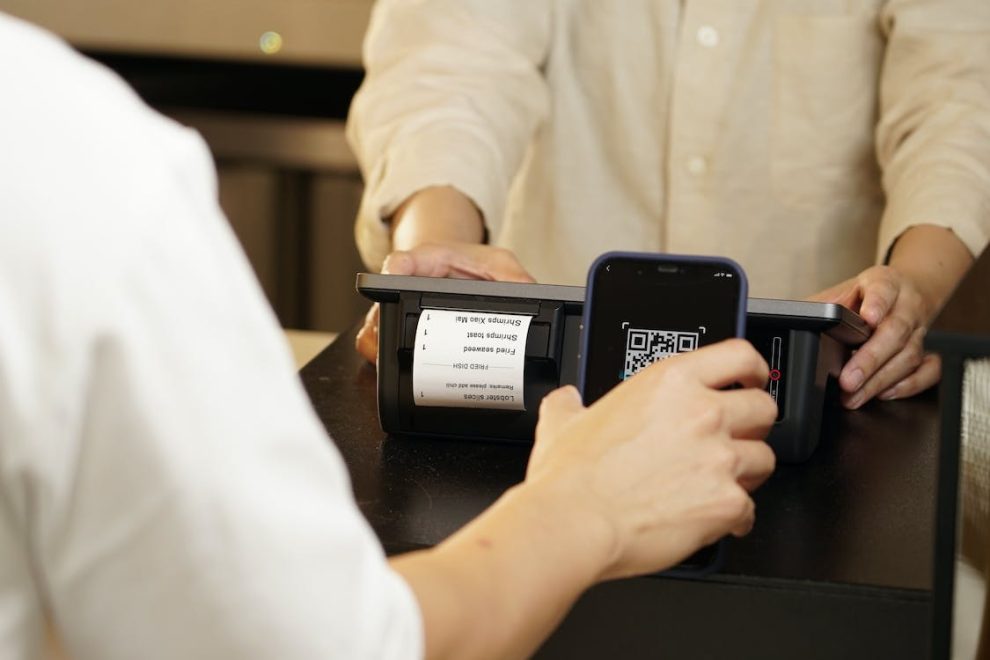QR codes, those ubiquitous black and white squares, have become an undeniable fixture in our daily lives. From facilitating contactless payments to accessing product information, their versatility and convenience have propelled them into the mainstream. However, the story of QR codes is far from over. As technology continuously evolves, exciting new trends and innovative applications are poised to shape their future. This article delves into the exciting realm of possibilities, exploring how free QR code creator and QR codes are poised to transform the way we interact with the world around us.
Understanding QR Codes
At their core, QR codes are two-dimensional barcodes capable of storing a significant amount of information, readily accessible by scanning them with a smartphone camera or a dedicated QR code reader app. Initially used for tracking parts in the automotive industry, their ability to encode diverse data types like URLs, text, and contact details has opened doors to diverse applications. Businesses and marketers are increasingly incorporating QR codes into their strategies, recognizing their power to bridge the physical and digital worlds and enhance customer experiences.
Integration with Blockchain Technology
One of the most exciting future trends is the integration of QR codes with blockchain technology. Blockchain, a secure and decentralized digital ledger system, can address certain security concerns associated with QR codes. By linking QR code data to the blockchain, businesses can guarantee data immutability and authenticity, making it tamper-proof and resistant to manipulation. This opens up new possibilities for:
- Loyalty programs: Imagine earning and redeeming rewards with complete transparency and security using QR codes linked to a blockchain-based loyalty program.
- Supply chain management: Track the provenance of products, ensuring authenticity and combating counterfeiting by employing QR codes linked to blockchain records.
- Ticket verification: Prevent ticket fraud by utilizing blockchain-linked QR codes for event tickets, ensuring their validity and preventing duplication.
Furthermore, integrating QR codes with blockchain technology enhances trust and transparency across various sectors. It enables businesses to establish immutable records of transactions and interactions, fostering greater accountability and reliability. As this synergy between QR codes and blockchain matures, we can anticipate a paradigm shift in how businesses leverage technology to secure data, streamline operations, and enhance customer experiences. The potential applications are vast, ranging from finance and healthcare to retail and beyond, marking an exciting frontier in the evolution of digital innovation.
Enhanced Security Features
While QR codes offer convenience, security concerns remain a primary challenge. Malicious actors can create fake QR codes to steal data or redirect users to harmful websites. Fortunately, advancements in encryption protocols and authentication methods are paving the way for more secure QR codes. Multi-factor authentication, where additional verification steps are required beyond simply scanning the code, can significantly enhance user trust and discourage fraudulent attempts.
Creative Uses in Augmented Reality
Augmented reality (AR) technology overlays digital information onto the real world, creating interactive and immersive experiences. By simply integrating AR with created QR codes from online-generators like Me-QR, businesses unlock exciting possibilities for user engagement. Through AR, businesses can offer interactive product information, enabling customers to explore products in-depth before making a purchase. Additionally, QR codes linked to AR experiences can provide virtual tours and simulations, allowing users to visualize products or services in their intended environments. Interactive marketing campaigns leveraging AR and QR codes can captivate audiences, offering unique and memorable brand experiences that drive engagement and foster customer loyalty.
Adoption Challenges and Solutions
Despite their potential, QR codes face challenges hindering widespread adoption. Technical limitations like the need for internet connectivity or smartphone compatibility can restrict their reach. Additionally, some users might lack awareness or hesitate due to security concerns. However, strategies exist to overcome these challenges.
One such strategy involves offline functionality: consider QR codes that function offline, storing information locally and eliminating the need for internet access. This approach not only increases accessibility but also ensures seamless user experience regardless of connectivity issues. Furthermore, user education and awareness campaigns play a crucial role in fostering trust and encouraging adoption. By educating users on the benefits and safe use of QR codes, businesses can alleviate concerns and build confidence in their usage.
Future Outlook and Opportunities
The future of QR codes appears bright, with emerging trends and innovative applications on the horizon. The integration with blockchain technology promises enhanced security and trust, while AR integration opens doors to interactive and engaging experiences. These advancements will likely impact business models by creating new marketing and engagement strategies, while also influencing consumer behavior by offering a more seamless and personalized experience. Businesses looking to leverage the potential of QR codes should stay informed about these trends, explore creative use cases, and ensure user security through proper implementation.
This exploration of the future of QR codes reveals a multitude of exciting possibilities. From enhanced security through blockchain integration to interactive AR experiences, these versatile tools are poised to revolutionize various aspects of our lives. By embracing innovation and addressing challenges, businesses and users alike can unlock the full potential of QR codes and shape a more interconnected and interactive digital future.








Add Comment